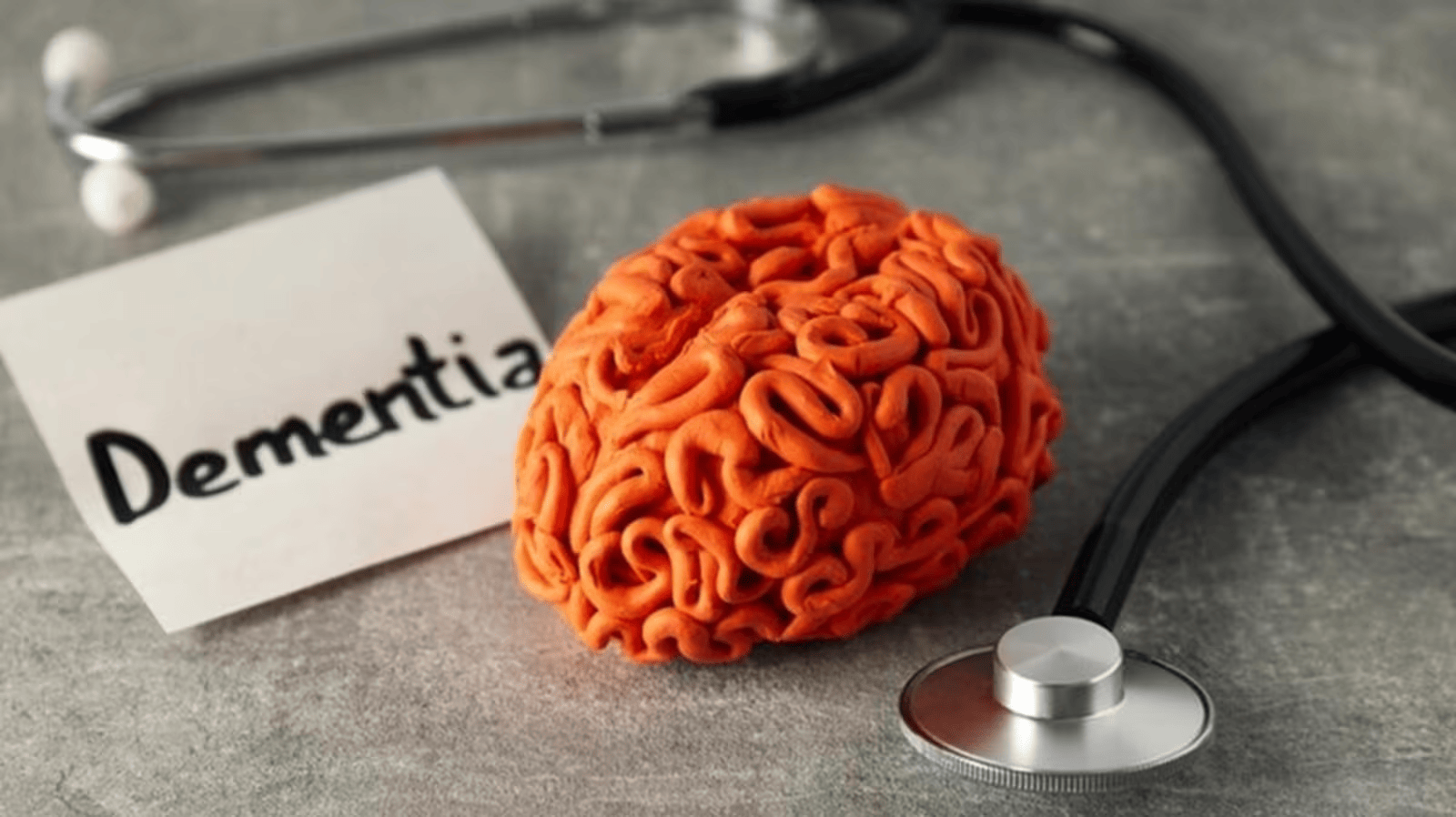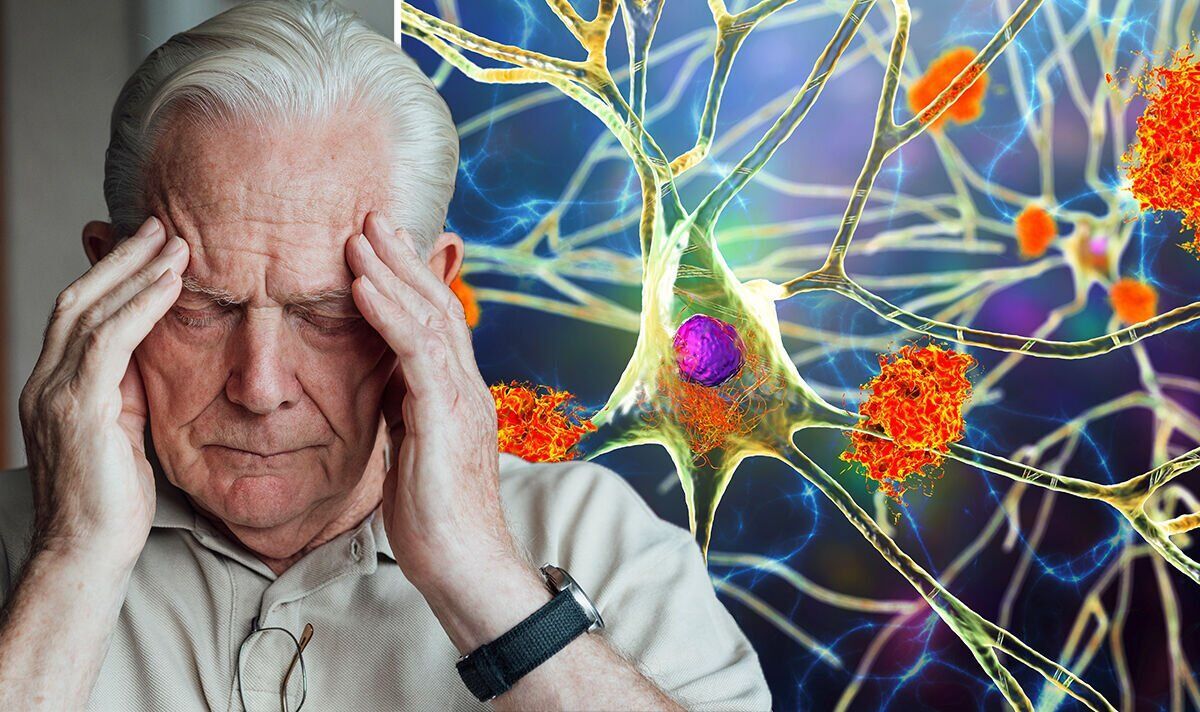Practical Advice for Caring for Someone with Dementia
There are millions of people across the globe who suffer from dementia. This is just not any other disease. A person suffering from dementia faces life-altering challenges on a daily basis. A person suffering from dementia requires a lot of care from other people.
This guide provides specific recommendations and advice for caregivers. These advices can help reduce the burden of caregiving and provide a better quality of life for both patients and their families.
Understanding Dementia
Dementia is a general term for a category of brain diseases that cause long-term and gradual decrease in the ability to think and remember. There are four main types: Alzheimer's vascular Lewy body and frontotemporal dementia.
Familiarity with signs like forgetfulness deteriorating ability to concentrate or follow conversations and attitude changes allows one to gain better from early intervention and support.
Caregivers should be knowledgeable about the progression of dementia. In its early stage one might experience just slight memory loss and confusion yet will still be capable of performing usual daily activities with minimal assistance.
As the disease advances symptoms become more observable. At this stage they require increased support and personal care. In the later stages a person can lose the ability to communicate recognize loved ones and perform basic functions necessitating comprehensive care and supervision.

Dementia types
There are many types of dementia each with peculiar features and causes. Proper understanding of these can help manage and care for the disease appropriately.
1. Alzheimer's Disease
Alzheimer's disease is the most common form of dementia and accounts for approximately 60-80% of all cases. It occurs due to the accumulation of amyloid plaques and tau tangles which drive brain cells to death. Symptoms start with memory loss and then progress to confusion problems with words and changes in behavior..
2. Vascular Dementia
Vascular dementia is the second most common form of dementia. It usually appears after a stroke or any other disease that blocks or reduces blood flow to the human brain eventually leading to the destruction of brain cells. Symptoms vary according their nature and location but generally include difficulty solving problems slow thinking and losing one's focus
3. Lewy Body Dementia
This form of dementia is linked with abnormal protein deposits called Lewy bodies in the brain. The condition commonly results in symptoms like those of Parkinson's disease. They include symptoms such as poor movement and visual hallucinations. Alertness and attention consistently fluctuate in patients which makes the disease very hard to diagnose.
4. Frontotemporal Dementia
Frontotemporal dementia is the umbrella term for a group of dementias in which the frontal and temporal lobes of the brain degrades. It causes a change in personality behavior and in a lot of cases language. It is more common in younger people ranging between 45 to 65 years. Symptoms can include inappropriate social behavior loss of empathy and difficulty with speech and language.
5. Dual dementia
A patient can usually develop combined forms of dementia for instance Alzheimer's disease and vascular dementia. It causes multiple symptoms and a more complicated course of the disease.
Symptoms and Early Signs
The symptoms of this disease vary for different individuals but normally involves
- Loss of memory: There are many types of dementia. It is the main symptom of dementia. It is early-onset and usually noticed by the victim's close ones. Short-term memory is often lost first making it not as easy to remember recent incidents or dialogue. As the disease progresses long-term memories are also lost causing more severe disturbances in the patient's life.
- Difficulty in Communicating: Dementia could make a patient have difficulty in choosing words following and joining in on the conversation. They may forget the meaning of common words or maybe use inappropriate words that make communication very frustrating for the patient and others.
- Impaired Reasoning and Judgment: Difficulty in decision-making and problem-solving is still a pretty standard feature. It could be seen in different ways: be it in cases of weak financial management failure to plan and organize affairs or insecure means of decision-making.
- Confusion: Patients with dementia might quickly become disoriented regarding time and place. They may easily forget where they are how they got to a particular place or even the time of the day. This could bring on anxiety and fear.
- Mood and Behavioral Changes: Mood swings personality changes increased anxiety depression and agitation are common. Some people also lose interest in social activities. Few become isolated and others may show inappropriate behaviors.
- Difficulty in Execution of Motor Functions: As the dementia progresses coordination and motor functions are compromised hence increasing the chances of the individual falling. It can also be evident from the inability to perform delicate motor tasks like buttoning a shirt or handling utensils.

Creating a safe and supportive learning environment
When you have a person in your home who is suffering from dementia you have to have a routine that can help you be stress-free. It's advisable to have a predictable sequence of meals activities and sleep so that the patients feel safer and more oriented when they know what to expect.
Encourage them to participate in house cleaning activities and activities they can still do with you. This encourages a feeling of achievement while extending independence for as long as the individual can.You need to provide a safe place to live for a person who has dementia. You can do the following things to make them feel comfortable.
- Eliminate potential tripping hazards like loose rugs wires and chairs.
- Light up the stairways and hall.
- Arrange essential items in high places so they are easy to grab.
- Label rooms drawers cabinets etc.
- Secure the doors and windows of any patient at risk for wandering with locks or alarms. Install childproof locks on cupboards with hazardous items.
Effective Communication Strategies
One of the most important things to communicate with patients of dementia is that the symptoms are the disease itself as several people mistakenly believe that the patient is doing the act intentionally.
Do not argue with them or attempt to correct them if they are incorrect as this may only cause them to become frustrated and agitated. On the contrary practice being a good listener. You need to reassure them if they express their feelings of being upset. When their behavior becomes challenging stay calm and try to reasonably understand the cause of their distress either pain discomfort or confusion.
If the patient has trouble understanding or responding rephrase statements or use visual cues. Share your empathy and try not to critique fault or be impatient. Try using other forms of engagement such as flipping through a photo album listening to music and allowing positive interactions.
Daily Care and Activities
Building a routine is a very important component of dementia care. You need to plan activities that are irresistible but possible. Some of the major activities to prepare for Dementia Patients are
- Plan activities such as folding washing gardening and sketching.
- Promote movement through daily walking dancing or chair exercises.
- Have more patience and provide more step-by-step instructions for personal care activities.
- Write steps down in simple plain language.
- Experiment with other times or ways to do tasks if the patient seems more relaxed.
- Offer options to create an illusion of control for the patient but do not confuse the patient with too many choices.
Managing Dementia Symptoms
Symptoms of dementia such as memory loss confusion agitation and hallucinations can be challenging to deal with. You need to establish a quiet environment. It can help calm the patient. Calendars clocks and sticky notes are super helpful in acting as memory aids. A bedtime routine can also help with sleep disturbances. Regular check-ups are necessary to control the health of the patient and changing the patient's medication may also help.
Keeping a diary of the patient's behavior and symptoms can be beneficial. This will help you pinpoint any triggers so you can develop some coping strategies to control and reduce them. If for example some things or the particular time of the day is upsetting you may increase rest or calming activities meant to be done in those situations.
Emotional and Psychological Counseling
Dementia can leave people feeling frightened bewildered and very alone. Emotional support is important. Give them lots of extra reassurance and comfort and try to involve them in fun things they enjoy. Social connections with family visits or community events can resolve distress. You must listen to and validate the patient's feelings no matter how paradoxical they may sometimes sound.
Providing a secure atmosphere helps to prevent intrusion on the patient's dignity and quality of life. Promote hobbies or activities the patient has always enjoyed even though they may have to adjust them. Rejoice and praise them when they do something good and make their small victories feel like big wins which will also help them feel more confident and better about themselves.
Self-Care for Caregivers
Looking after someone can be challenging and tiring work and looking after yourself both physically and emotionally is incredibly important too. Take breaks as needed lean on a friend or a support group if that helps and ask for help. Consider addressing the tasks you are responsible for as a caregiver and spending extra time doing things you enjoy. The healthier the caregiver the better care they can provide.
Learn the Symptoms of Caregiver Burnout — feeling overwhelmed on edge and constantly fatigued. Support groups are invaluable because they create a forum where you can work through your experiences and receive guidance. Also professional counseling can provide you with techniques for managing stress.
Using Support Resources
This is where support groups enable you to share experiences and ideas. Respite care allows professional caregivers to take over the role so that you rest. Community services—social interaction and events provided to dementia patients could be helpful.
National organizations such as the Alzheimer's Association have resources that may be helpful. They provide a 24/7 helpline educational materials and local support groups. Becoming a part of online forums or caregiver networks could give you a sense of community. The people in the same situation can also offer support and advice.
Planning for the Future
Planning becomes essential to lessen stress and provide the best care for your loved one. You need to follow the given points.
- Legal and financial discussions such as power of attorney and health care directives should also be made upfront.
- Check available options for in-home care assisted living and nursing homes.
- Involving other family members in decisions can have benefits and fill the support gap.
An early discussion about choices enables a well thought through decision and reassures the patient that their wishes will be respected. Dementia care can be costly so you need to financially plan for it. Insurance and government program options can be used to ease up your burden.
Conclusion
Dementia care is a long journey that requires patience empathy and strength. Remember that each person with dementia is different. Stay informed be adaptable and communicate to manage dementia symptoms effectively.
Implementing practical advice and seeking support from health professionals can dramatically improve your caregiving experience. Whether through the techniques of Alzheimer's care or the application of personalized dementia support strategies you make a world of difference in the quality of life of those you care for.
By developing a caring approach and making good use of all the tips mentioned in this blog at trusted10.io one can navigate through the difficult times. Remember you are not alone. Stay strong and confident and give the best care to your loved one.
